A new map of 56,000 galaxies has helped researchers estimate the size and expansion rate of the universe with more precision than ever.
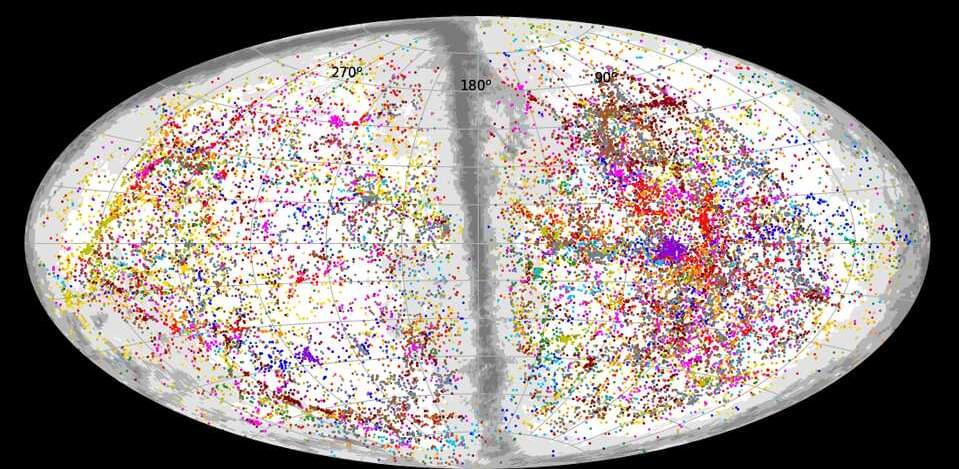

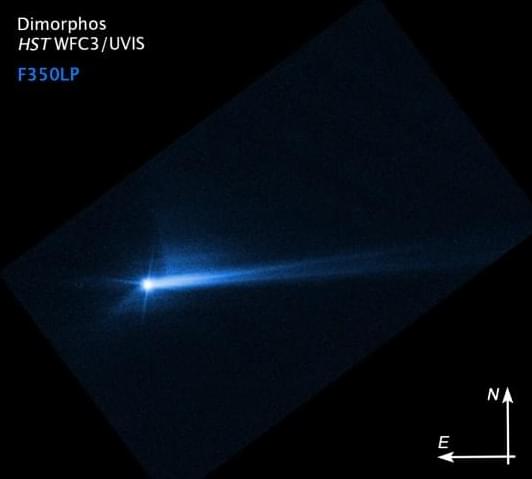

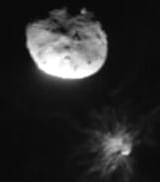
“I was amazed. Although they resemble rings in the image, the true 3D geometry of those semi-circular features is better described as a shell”
In a fresh image released by the Webb Telescope team on October 12, one can see 17 strangely perfect light rings around star binary WR 140 emanating into the darkness of deep space.

Experimental technology used to cool equipment in space might soon be able to cut the charging times of electric vehicles to five minutes or less, American space agency NASA said this week.
The federal space agency-funded technology, in partnership with Purdue University, says the research they’re planning for future space missions shows its tech could charge an electric car within minutes instead of hours, according to an Oct. 5 blog by NASA.
Using a technique known as “subcooled flow boiling,” the tech could boost the amount of electrical current EV chargers by roughly 1,400 amps, nearly five times the rate of up to 520 amps currently supplied to EVs, NASA said.
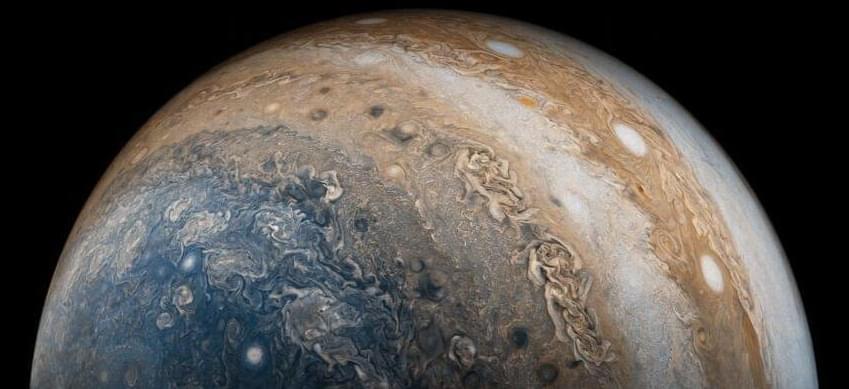
We have exactly one world, in all the Universe, that we know for a fact to be hospitable to life: ours.
So when we’re looking for habitable planets in other planetary systems, beyond our own corner of the galaxy, we often use Earth as the perfect template.
But a new study has revealed Earth isn’t as habitable as it could be. In fact, it could be even more livable, if Jupiter’s orbit shifted slightly.
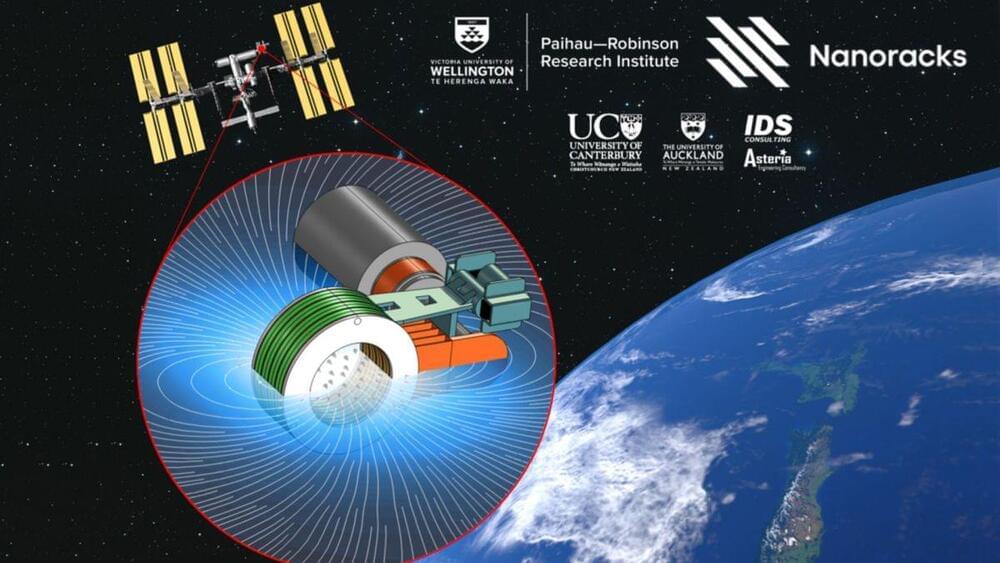
A New Zealand research institute and U.S. commercial firm Nanoracks are combining to send a superconducting magnet technology demonstrator to the International Space Station to test a novel type of space propulsion.
The Paihau—Robinson Research Institute intends to test a type of electric space thruster known as applied-field magneto plasma dynamic (AF-MPD) thrusters which uses high-temperature superconducting (HTS) magnet technology developed by the institute.
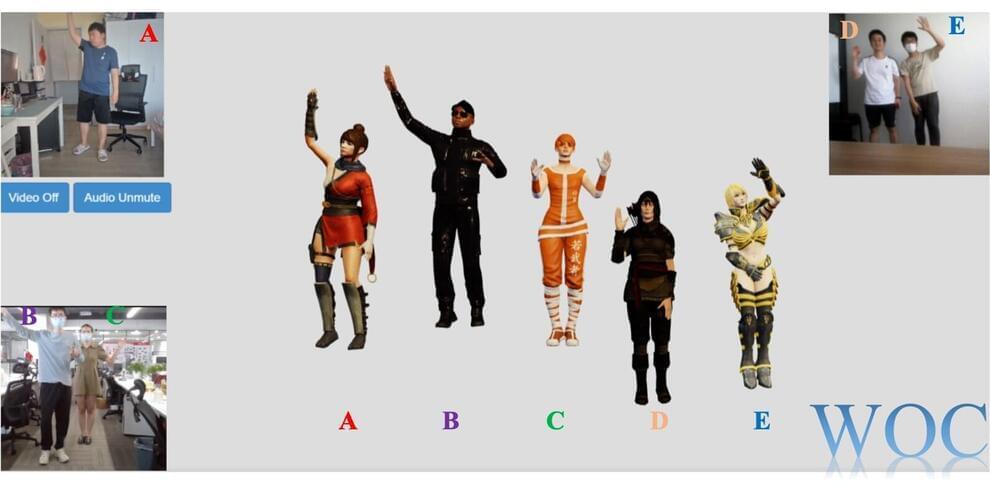
In the past few years, a growing number of computer scientists have been exploring the idea of “metaverse,” an internet-based space where people would be able to virtually perform various everyday activities. The general idea is that, using virtual reality (VR) headsets or other technologies, people might be able to attend work meetings, meet friends, shop, attend events, or visit places, all within a 3D virtual environment.
While the metaverse has recently been the topic of much debate, accessing its 3D “virtual environments” often requires the use of expensive gear and devices, which can only be purchased by a relatively small amount of people. This unavoidably limits who might be able to access this virtual space.
Researchers at Beijing Institute of Technology and JD Explore Academy have recently created WOC, a 3D online chatroom that could be accessible to a broader range of people worldwide. To gain access to this chatroom, which was introduced in a paper pre-published on arXiv, users merely need a simple computer webcam or smartphone camera.
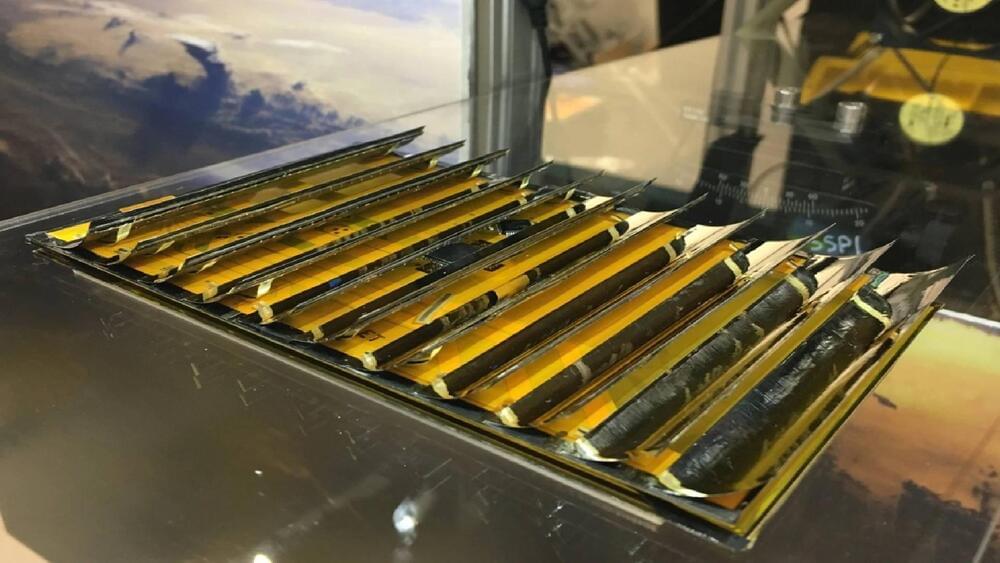
It’s the stuff of science fiction: Solar panels in space that beam power directly to Earth equipping the planet with clean renewable and affordable energy. Yet, it could soon be reality.
Caltech has just received $100 million in funding for their Space Solar Power Project (SSPP). The project is described by Caltech as: “Collecting solar power in space and transmitting the energy wirelessly to Earth through microwaves enables terrestrial power availability unaffected by weather or time of day. Solar power could be continuously available anywhere on earth.”